
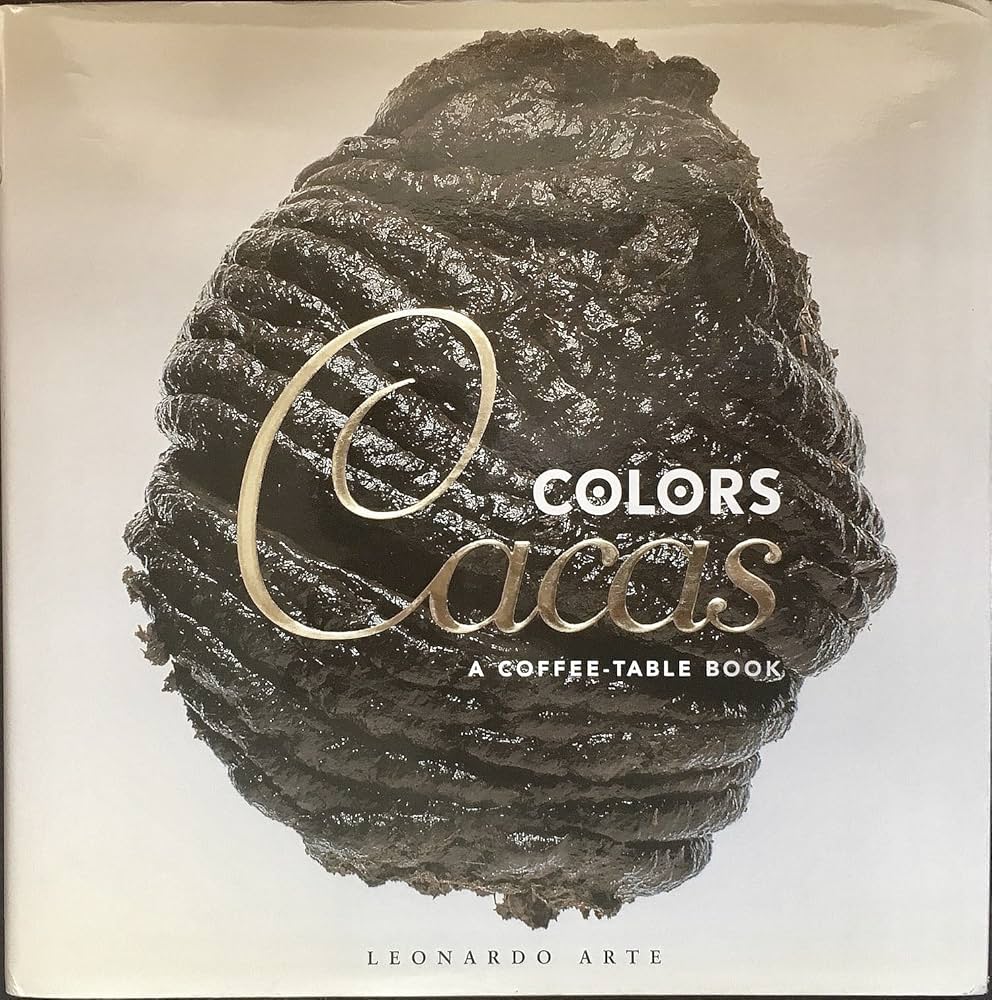
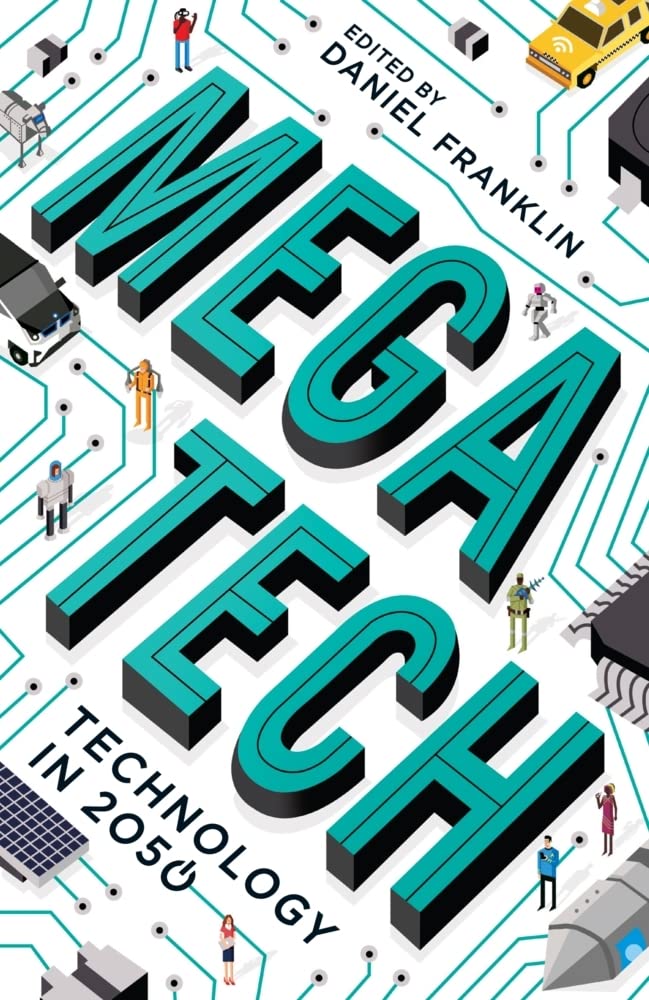
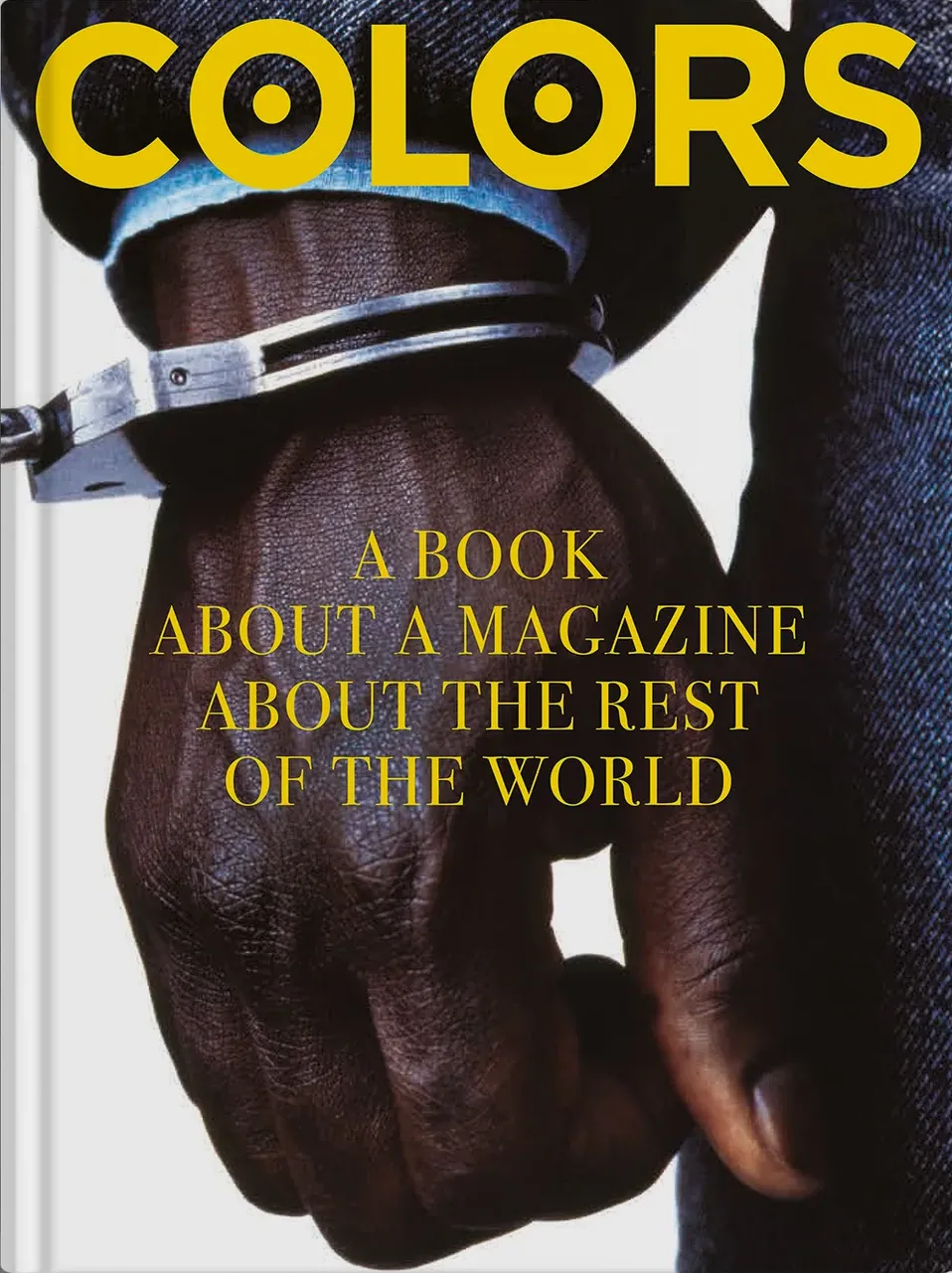
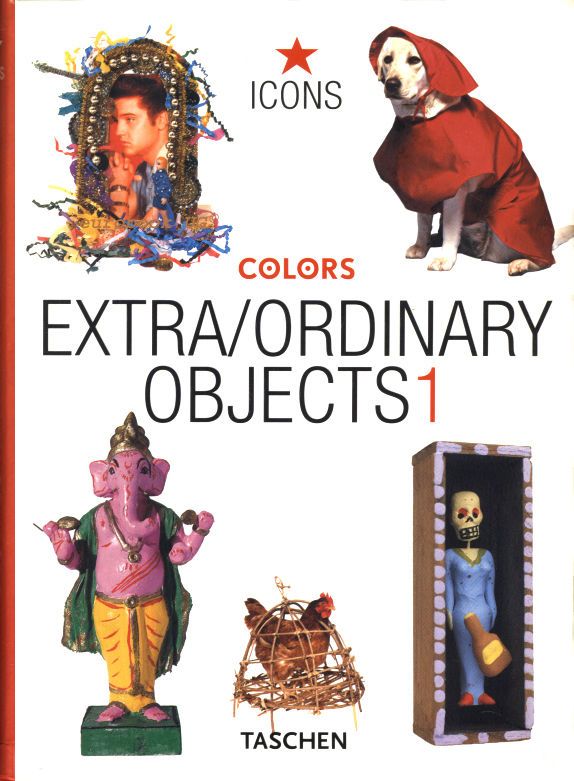
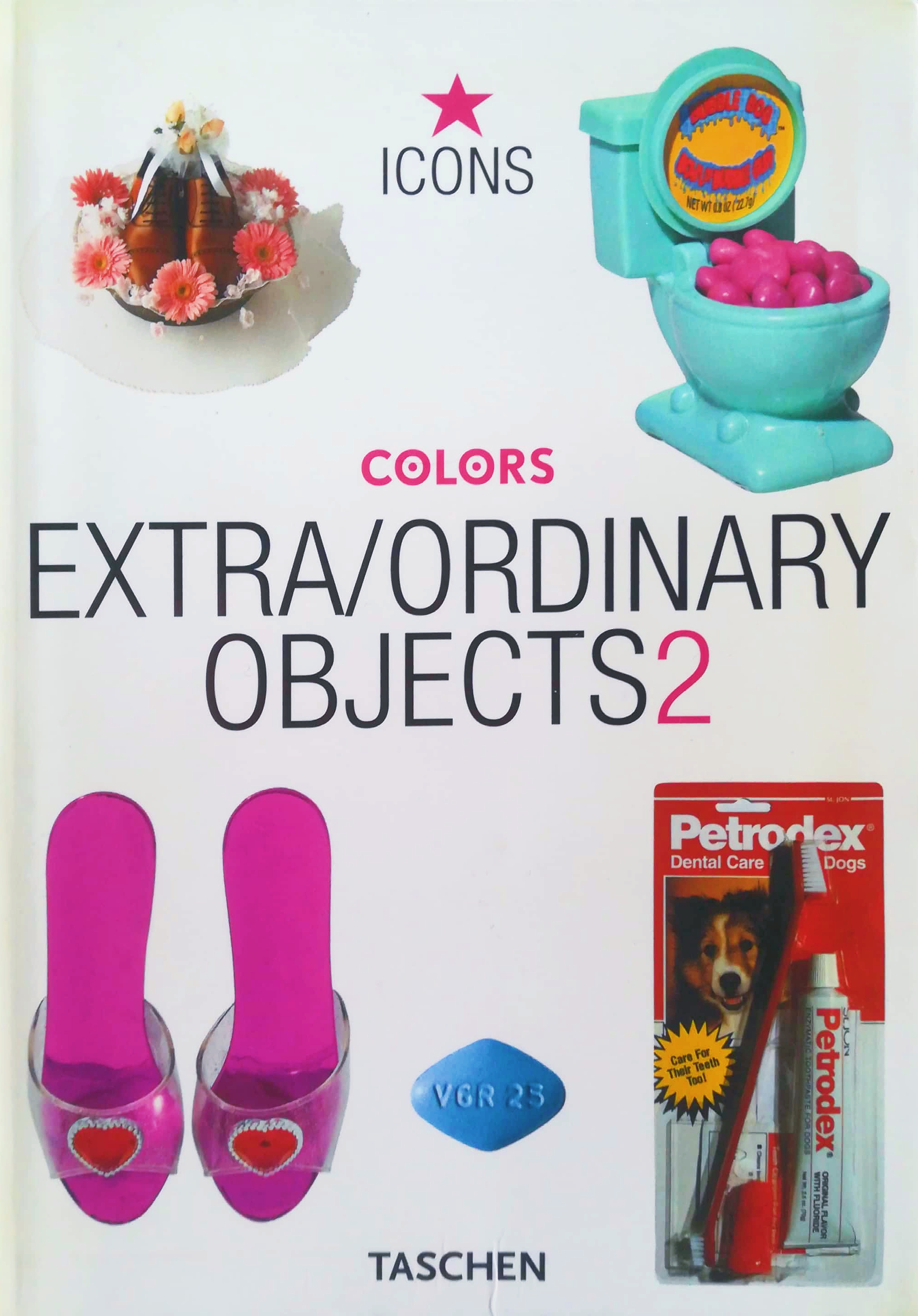
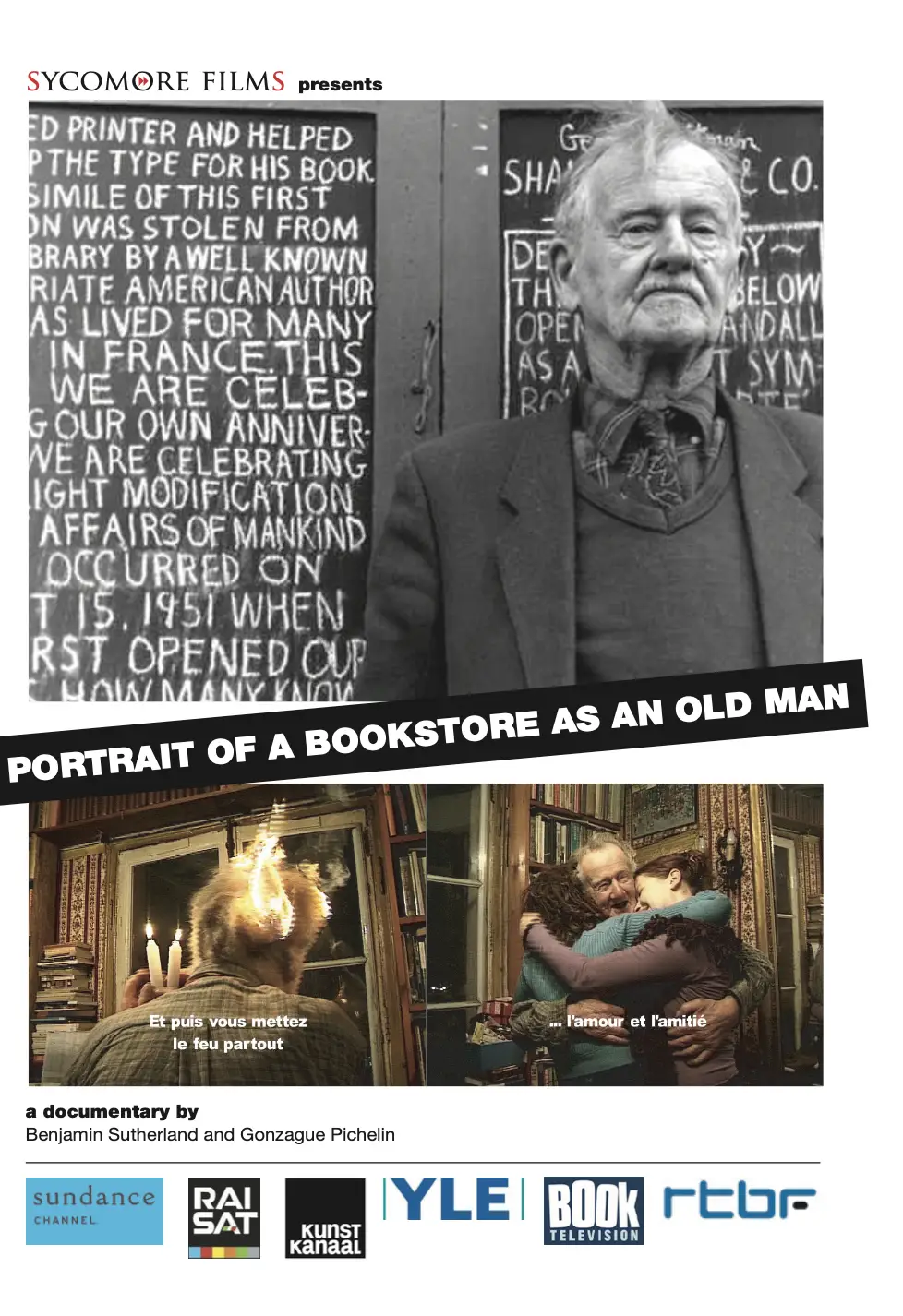
LINKS TO a selection of my contributions to Economist podcasts are below.
As for books, I edited Modern Warfare, Intelligence and Deterrence, an Economist book published in five editions, including an audiobook and a Chinese translation. The volume brings together reporting from a number of Economist writers, myself included, on how security technologies are reshaping conflict and spycraft. Excerpts from the book are available here.
For Megatech: Technology in 2050, an Economist book edited by Daniel Franklin, I contributed a chapter on the future of warfare. An excerpt from the book is available here.
Earlier in my career I co-wrote, along with other journalists at COLORS magazine, Cacas: The Encyclopedia of Poo, an ethnographic coffee-table book. It has been published in a number of editions, including by Taschen (in English, French and German) and Leonardo Arte (in English and Italian). My writing has also appeared in “COLORS: A Book About a Magazine About the Rest of the World” and the Taschen books 1000 Extra/ordinary Objects and Extra/ordinary Objects 2.
As for film, I co-directed, along with Gonzague Pichelin, Portrait of a Bookstore as an Old Man. The award-winning 52-minute documentary was purchased by broadcasters in seven countries including, in the United States, the Sundance Channel (now SundanceTV). Filming took place in Paris, Los Angeles, San Francisco, Santa Barbara and Essaouira, Morocco. A clip that Johnny Depp told Vanity Fair was one of his YouTube favorites is viewable here. The documentary’s music is by Michael Galasso, composer of the soundtrack to Wong kar-Wai’s In the Mood for Love.
Portrait of a Bookstore as an Old Man was produced in English and French editions. Here’s the synopsis:
In 1951 George Whitman opened in Paris a ramshackle “socialist utopia masquerading as a bookstore.” Over the decades, George, an American, offered free, dirty beds to more than 40,000 travelers, many of them writers, at Shakespeare and Company, a labyrinthine shop a stone’s throw from Notre-Dame cathedral. Guests wrote and stole books, threw parties, held poetry readings, made soup, manned the till and, on George’s orders, glued carpet down with pancake batter and a hot iron.
Many of the bookstore’s “tumbleweeds” became luminaries, including Henry Miller, Anaïs Nin, Jacques Prévert, Langston Hughes, James Baldwin, Richard Wright and the Beat Generation icons William Burroughs, Allen Ginsberg, Gregory Corso and Lawrence Ferlinghetti. A Bohemian eccentric, George stashed wads of cash in books, alternately charmed and barked at shoppers, and trimmed his hair with a candle flame. He passed away, aged 98, in 2011. But in this intimately filmed documentary, George’s bibliophile “anarchists’ hangout” lives on.
An obituary for George Whitman that I wrote for The Economist can be read here.
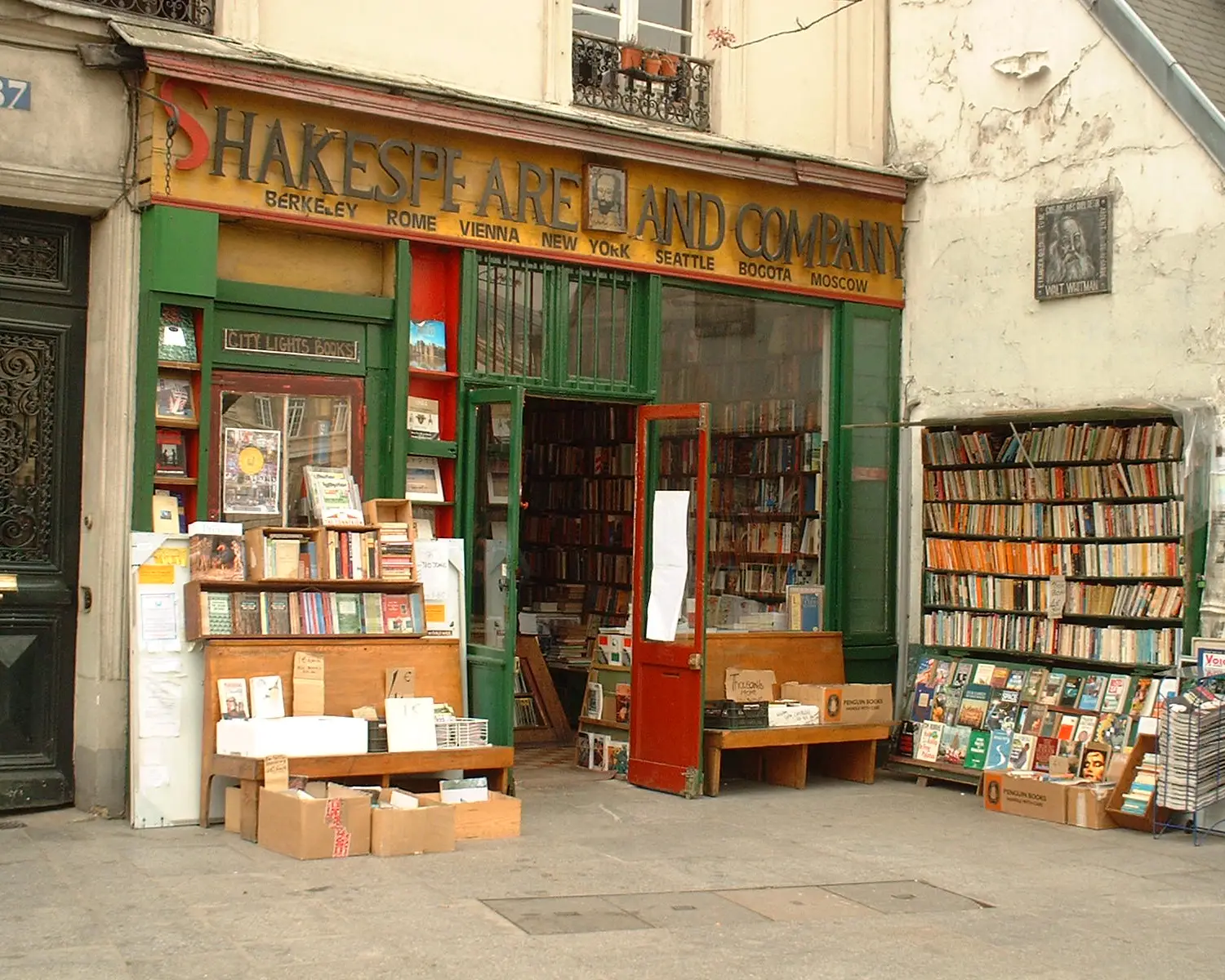
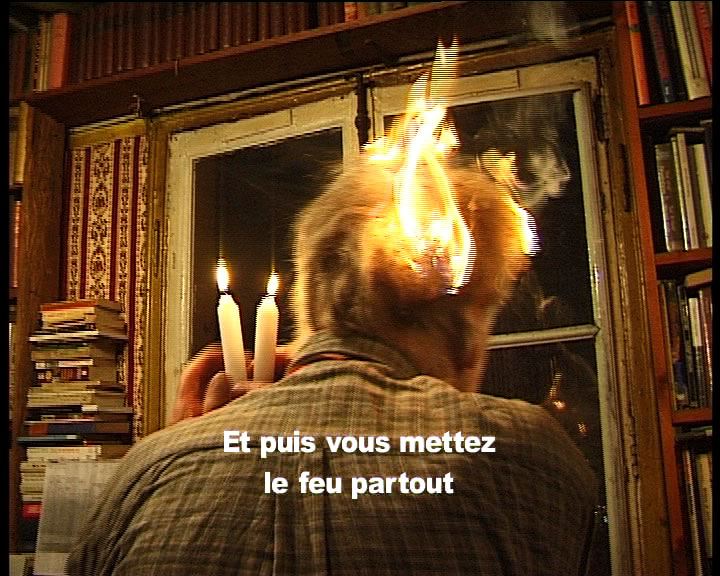
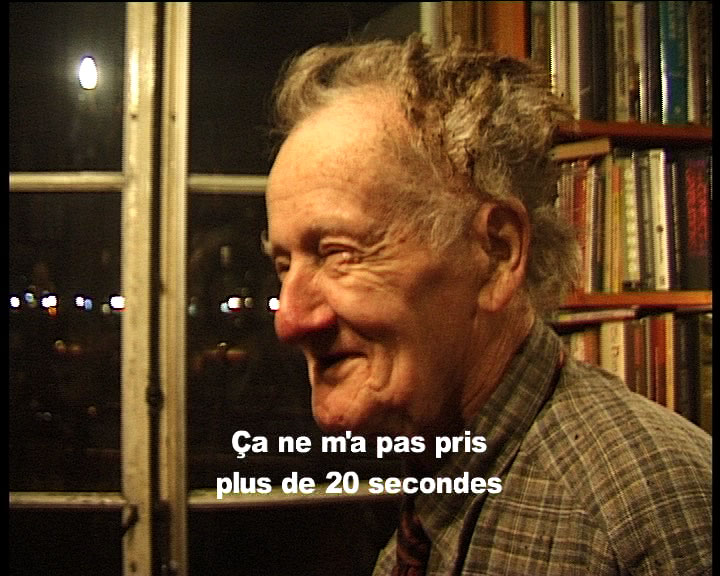
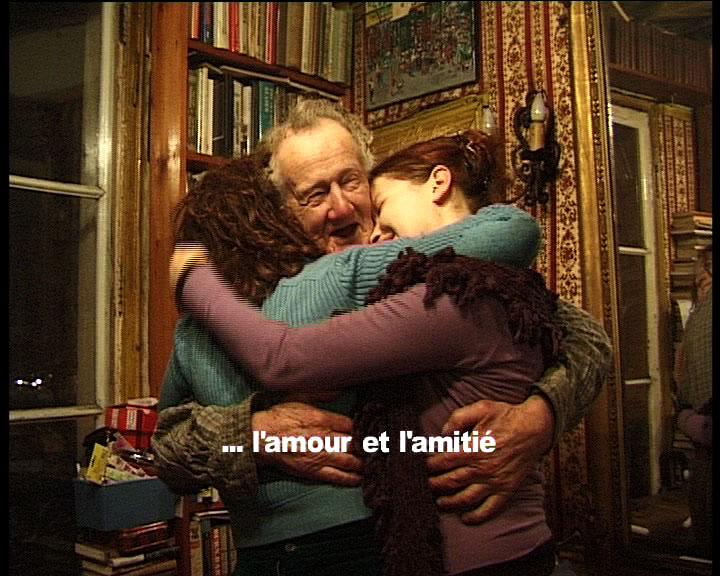
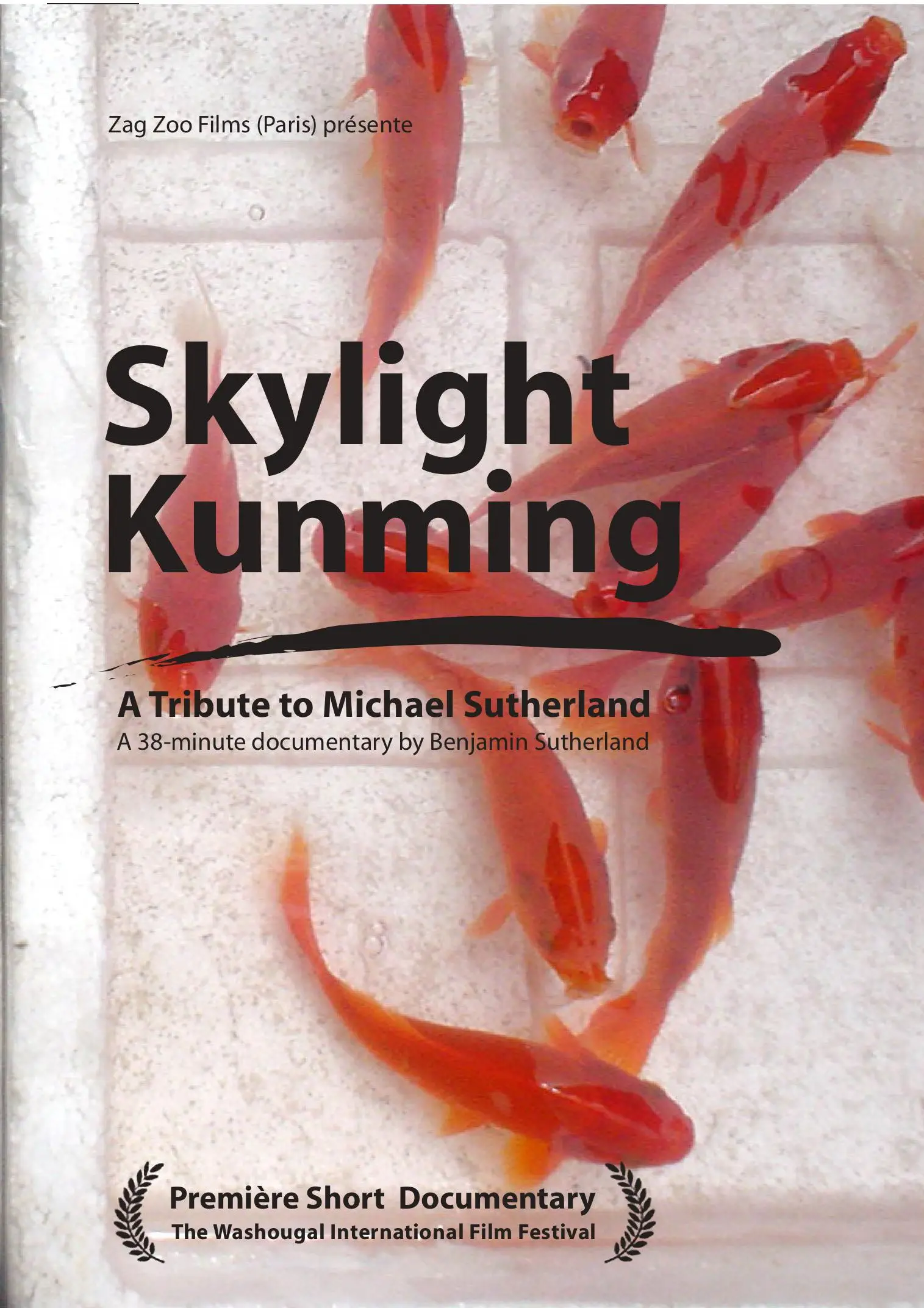
I also made Skylight Kunming, a non-commercial film about a brother, Michael Sutherland, who died attempting to save his girlfriend after their raft capsized on a raging stretch of the Nanpan River in Yunnan, China. The award-winning biodoc’s editor is Gonzague Pichelin. The music is by Paul Sutherland, another brother, and his bandmates in This Ascension. Additional compositions are by Jason Grant, a Santa Barbara musician.
Here’s the synopsis for Skylight Kunming:
Skylight Kunming is a biodoc of the late Michael Sutherland of Santa Barbara, California. Filmed in Michael’s adopted home of Kunming, China, and in Paris, the 38-minute film portrays the pioneer credited with popularizing adventure mountain biking in Yunnan province. A fashion designer, Michael also introduced clothing woven from Yunnan hemp to America and Europe. Vignettes of Michael, a hirsute and entertaining “unofficial US ambassador,” include farcical dealings with Communist officials, starlit discussions of insect behavior, and the spontaneous directing of gridlock traffic one morning, which earned Michael a “Goodhearted American Directs Traffic” headline in a Kunming newspaper.
SELECTED PODCASTS


